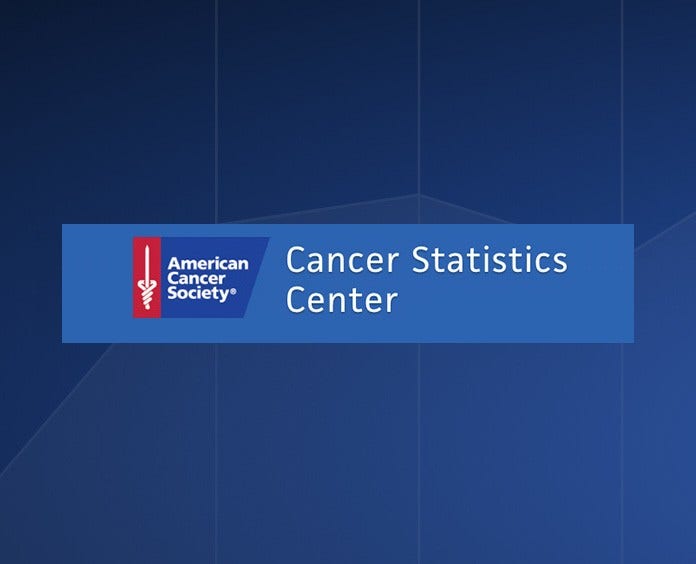Your gift is 100% tax deductible.
Breast Cancer Research Highlights
The American Cancer Society (ACS) helps people with breast cancer in every community. Our research programs have played a role in many of the prevention, screening, and treatment advances that save lives from breast cancer today. And, we continue to fund research to help save even more lives in the future.
Breast Cancer Continues to Increase
Since the mid 2000s, slight increases in breast cancer incidence rates may be partly due to more women having obesity, fewer children, or their first baby after 30.
Risk and Prevention Studies
The ACS Cancer Prevention Studies have played a role in identifying or validating every known common genetic variant for breast, prostate, and pancreatic cancers. We've collaborated with scientists across the United States to analyze large compilations of data. We're helping make discoveries about the genetics of cancer that have the potential to improve screening guidelines, lead to new targeted therapies, and inform follow-up care after cancer treatment."

Screening and Early Detection Studies
Striking Breast Cancer Statistics on the Value of Mammograms
Treatment and Reducing Metastasis Studies
Featured Breast Cancer Term: Triple-negative Breast Cancer (TNBC)
A subtype of breast cancer that grows faster and is more likely to spread and recur. It is more common in women younger than age 40, who are Black, or who have a BRCA1 genetic mutation.
It’s called triple negative because the cancer cells in TNBC don’t have receptors for the hormones estrogen (ER) or progesterone (PR). Plus, TNBC cells make very little or none of the protein called HER2 (human epidermal growth factor). That means all 3 biopsy tests to check for these hormones and the HER2 protein come back "negative."
Survivorship Studies
Eye-Opening Breast Cancer Statistics on Racial Disparities
ACS Statistics Reports
More Breast Cancer Research Stories
Breast Cancer News
ACS Pivotal Studies
ACS Research Professor News Stories
We Fund Cancer Researchers Across the US
The ACS funds scientists who conduct research about breast cancer at medical schools, universities, research institutes, and hospitals throughout the United States. We use a rigorous and independent peer review process to select the most innovative research project proposals to fund.








